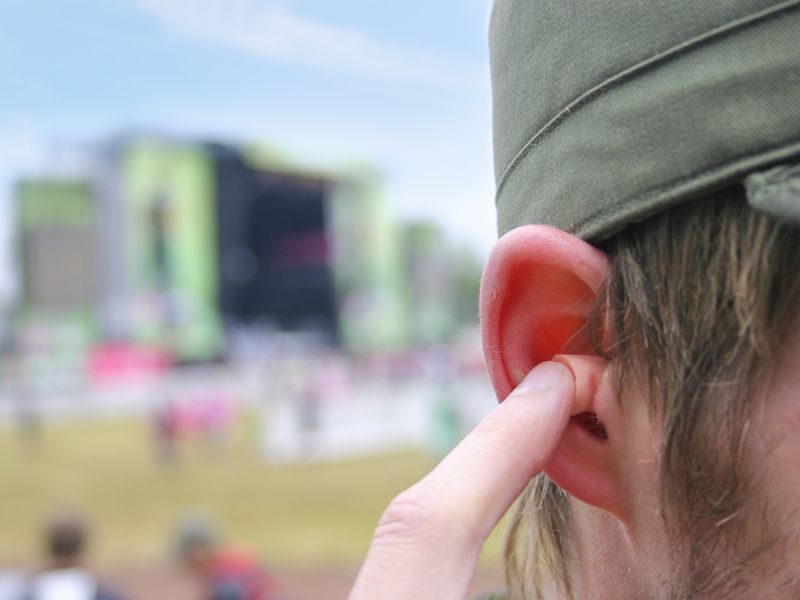
Earplugs can be helpful if you’re exposed to loud noises, such as for example, something as simple as a snoring spouse, or a lawnmower in your yard, or going to a concert at an arena. Lowering the volume is how earplugs help in the first two instances. In the last instance, they reduced the sound levels and help save your peace of mind (and maybe your marriage) by enabling you to get a good night’s sleep. But is your hearing being damaged by these protectors?
Why Utilize Earplugs in The First Place?
It’s a pretty simple case for wearing earplugs: When used properly, earplugs can minimize your exposure to extreme noise levels and thereby shield your hearing. After you leave a loud venue, like a football game where the Jumbotron keeps exhorting the crowd to, GET LOUD, whenever the other team kicks off, you’ve most likely noticed that your hearing seems different, and you could also experience symptoms of tinnitus. This happens because those super-loud sounds actually bend the small hair cells in your inner ear. It usually goes away within a day or two, because the hair cells have recovered.
But if you’re subjected to extreme decibels continually, say you work on a construction site or at an airfield, the aural attack on those tiny hair cells is relentless. As opposed to recovering after bending, the cells are permanently impaired. You’ve got about 16,000 of those little cells inside each cochlea, but up to 50% of them can be damaged or ruined before your hearing has altered enough for the problem to show up in a hearing exam.
How Could Your Hearing be Harmed by Wearing Earplugs?
With all that, you’d think that using earplugs would be a no-brainer when it comes to protecting your ears. But if your exposed to loud noises on a day to day basis, this seems even more obvious (like on the job or with the aforementioned snoring partner), headphones that limit, but don’t entirely cancel, sound or over the head earmuffs are a much smarter idea. Earplugs are better applicable to one-off situations like a sporting event or concert than for day to day use.
Why? The first problem is, earwax. So that they can protect themselves, your ears generate earwax, and if you’re constantly wearing earplugs, more earwax will be produced, and you are likely to jam it in with the plugs. Tinnitus and other issues can be the result of impacted earwax.
An ear infection can also result from overuse of earplugs. If you repeatedly wear the same pair, and you don’t clean them properly from use to use, they can become breeding grounds for bacteria. Ear infections are, at a minimum, an uncomfortable irritation. If left untreated, in the worst situations, they can cause an ear infection.
How Can You Safely Use Earplugs?
Whether it’s a good night sleep or protecting your ears, there’s still a big upside to using earplugs. Using them in the right way and using the most appropriate kind is the key to success. Foam earplugs are the least costly, which is good because you really should not use them more than once, the soft, porous material is a germ’s haven. Silicone or wax earplugs are reusable, but you need to keep them sanitized, wash them with warm water and mild soap to clean them, and you shouldn’t put them back in your ears until they’re thoroughly dry. Buildup of humidity can cause mold and bacteria so keep your earplugs in a well ventilated container.
You might want to get in touch with us about custom fit earplugs if you need or want them regularly. They are comfortable since they are made from molds of your ears and they’re reusable. Again though, to protect against any potential hearing damage, it’s essential to practice smart earplug hygiene!